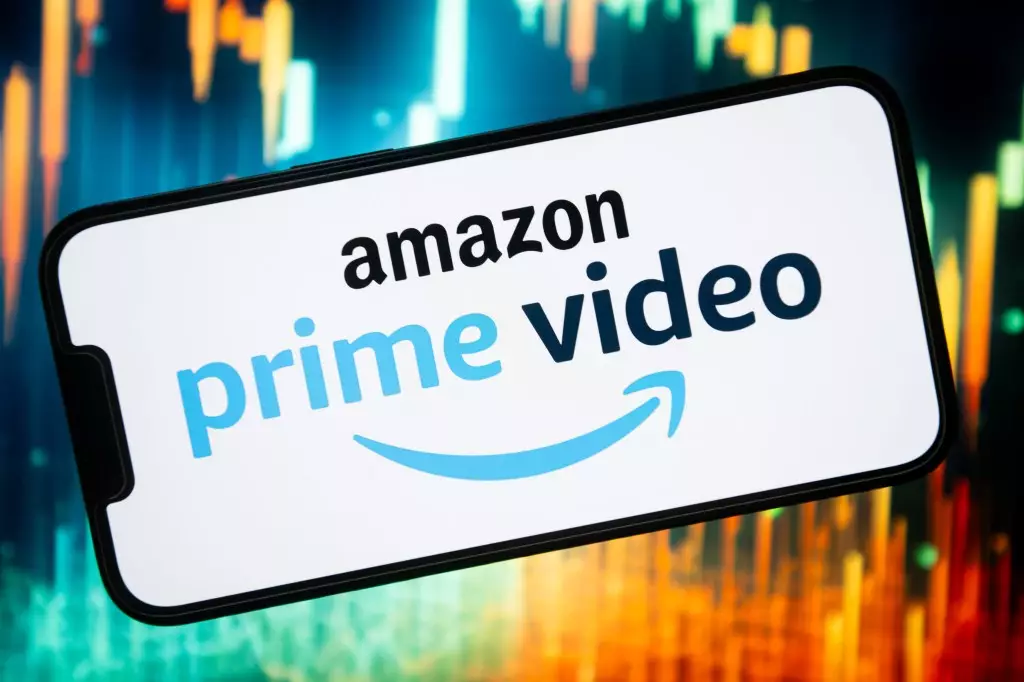Recently, Amazon Prime Video found itself in violation of Ofcom’s code in the UK for the first time. This breach could potentially become more common under the new Media Bill, which was passed two weeks ago. This incident has raised concerns about harmful content in on-demand program services (ODPS) and the regulatory environment that streaming services like Prime Video operate in.
The specific breach that Amazon Prime Video committed was in relation to a 2022 Filipino film titled “Pamasahe.” The film’s storyline revolves around a penniless mother traveling to find her husband in Manila, resorting to using her body to reach her destination. Ofcom received a complaint regarding the film, particularly regarding scenes depicting sexual activity involving adults and a baby. Despite being rated 18+ by Prime Video, the inclusion of a baby in such scenes raised alarm bells for the viewer.
Following the complaint, Ofcom sought advice from the British Board of Film Classification, which determined that the film violated the Protection of Children Act 1978 by showing a child in the same frame as sexual activity. Amazon Prime Video was contacted by the BBFC and subsequently removed the movie from its platform in the UK. This incident highlights the importance of upholding standards of content regulation, especially when it comes to protecting vulnerable groups like children.
In response to the breach, Amazon Prime Video defended its content monitoring measures, stating that it has a robust system in place to detect prohibited material. The streaming service highlighted its track record of over a decade without prior investigations from Ofcom, emphasizing its commitment to compliance with regulatory standards. However, Amazon acknowledged the need for continuous improvement in its content policies to prevent such violations in the future.
The passage of the Media Bill signifies a shift towards tighter regulation of streaming services like Amazon Prime Video and Netflix. These platforms will be held to similar standards as traditional broadcasters in areas such as impartiality and harmful content. While this move aims to enhance consumer protection and accountability, it also raises concerns about potential limitations on creative freedom and innovation in the digital media landscape.
With Ofcom gaining more authority to regulate streaming services, the industry is bracing for increased scrutiny and compliance requirements. The timeline set by Ofcom suggests that streamers like Amazon and Netflix will be fully regulated within the next two years. This impending regulatory framework poses challenges for streaming platforms to navigate the evolving landscape of content regulation while balancing artistic expression and audience expectations.
The recent breach of Ofcom’s code by Amazon Prime Video underscores the complex regulatory landscape that streaming services operate in. As the digital entertainment industry faces increased scrutiny and regulatory oversight, stakeholders must prioritize responsible content practices to ensure a safe and engaging viewing experience for audiences. While compliance with regulations is essential, it is equally important for platforms to uphold artistic integrity and creative freedom in a rapidly evolving media ecosystem.



Leave a Reply